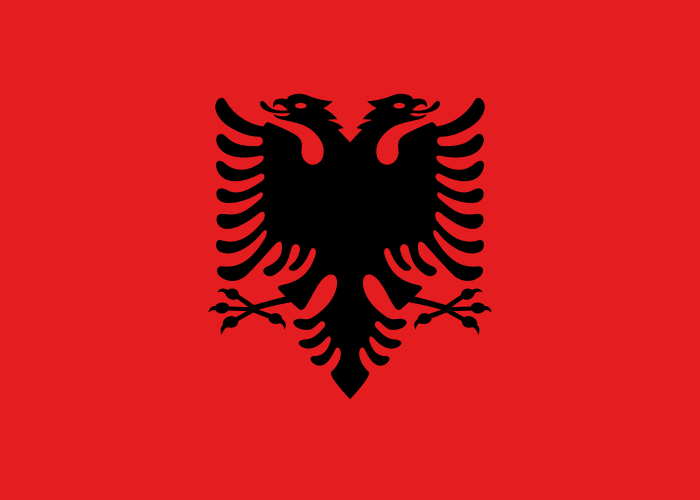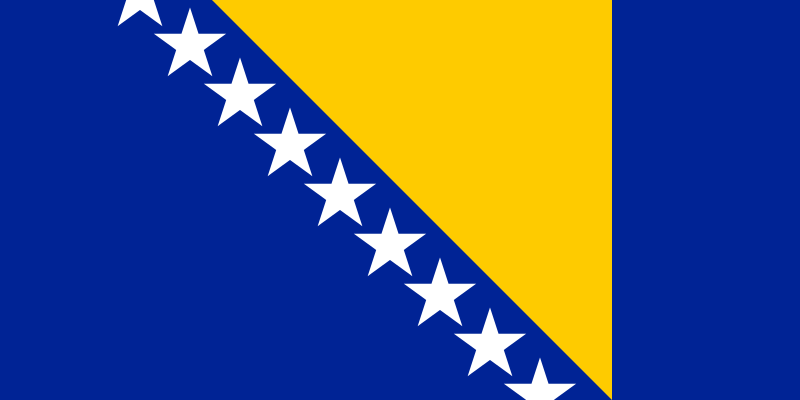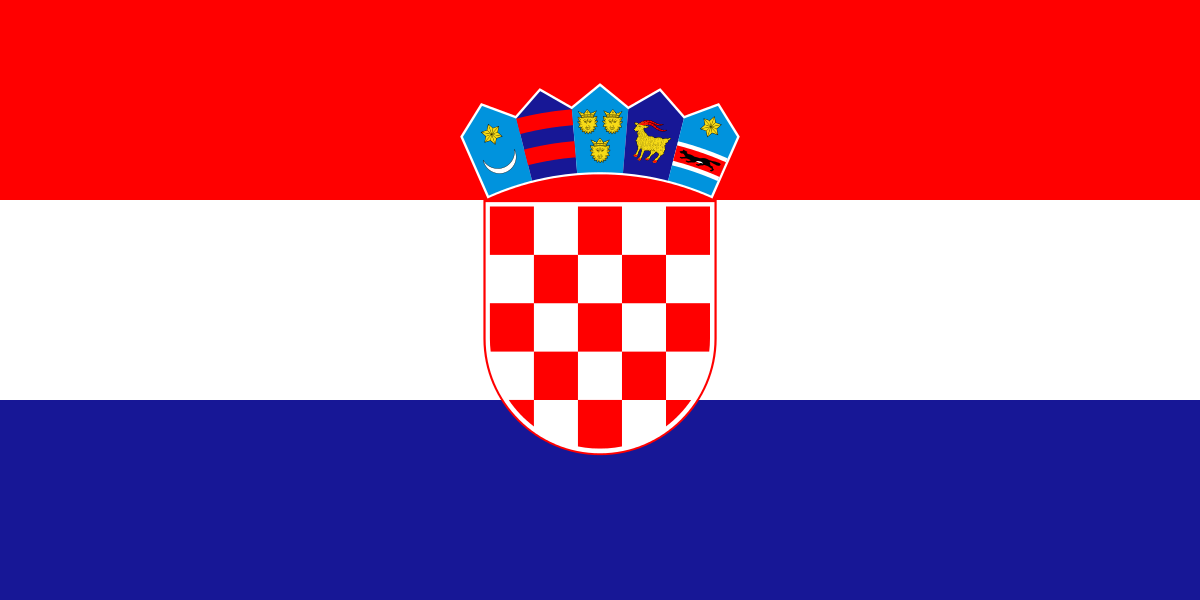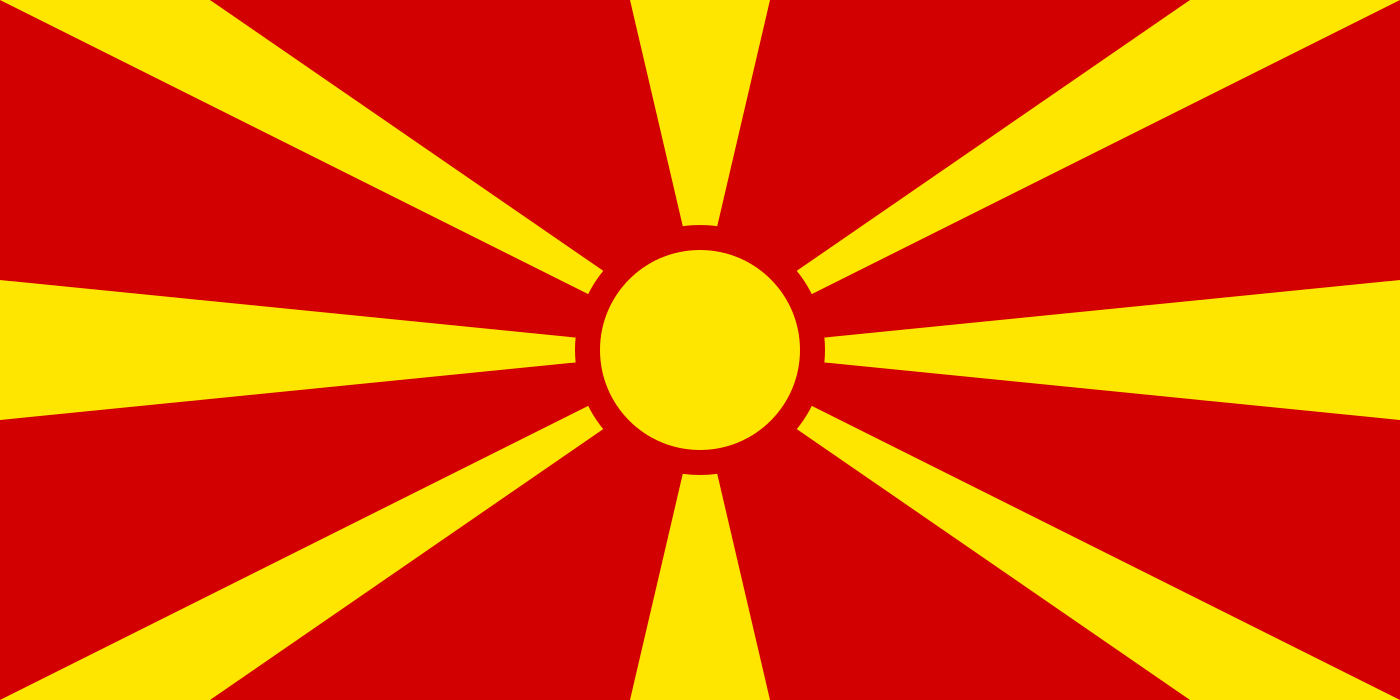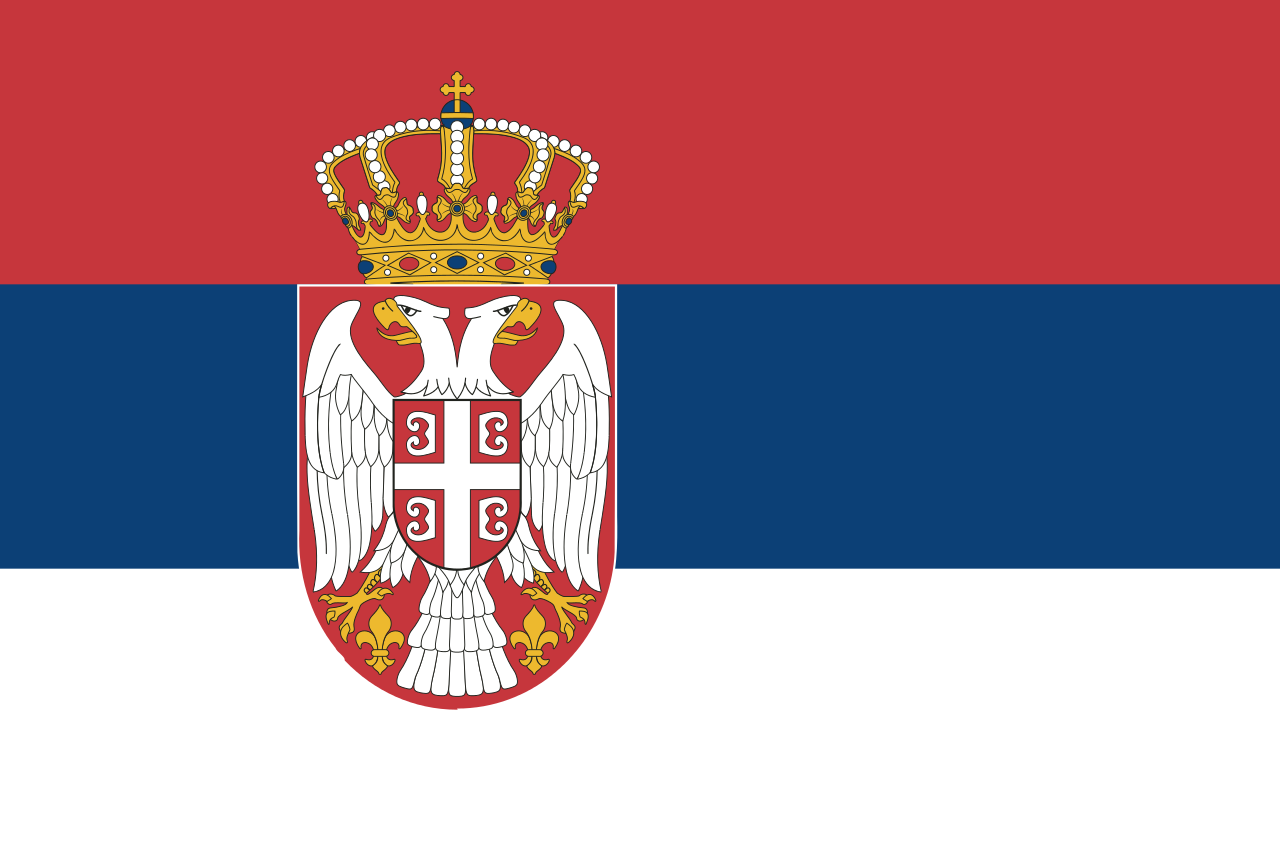Background
information
-
Biomass in Western Balkans
In the Western Balkans region biomass is by far the most important renewable energy source used for heating, covering 42% of the heat demand. However, inefficient and leaky stoves that produce high levels of indoor pollution are used in more than 1.9 million buildings, while 24% of buildings use mainly uncertified small HOBs fuelled with logwood. One of the main causes of inefficiency is that firewood is usually stored for a short period of time and is combusted when it still has a high moisture content. Given these considerations, there is a clear need and opportunity to make biomass-based heating more efficient and sustainable. Promotion of clean and efficient biomass heating solutions can, on the other hand, contribute to private sector development, micro-financing and sustainable forestry.
-
World Bank's study
With the support of the Secretariat, the World Bank completed the “Sector Study on Biomass-based heating in the Western Balkans” in October 2017. Financed by the Western Balkans Investments Framework (WBIF), it aims to help Albania, Bosnia and Herzegovina, Croatia, Kosovo*, Montenegro, Serbia, and North Macedonia to identify viable investment options and policy measures to increase the use of biomass for heating in a sustainable manner. The report outlines a comprehensive roadmap to further improve regulatory, policy and other framework conditions.
-
Biomass-based heating project
As a cross-cutting agenda, the scale-up of efficient biomass-based heating will require all actors to become aware of the challenges and solutions. To this end, with the support of the Secretariat, the World Bank initiated a "Public Awareness Raising on Biomass-based Heating in the Western Balkans – Preparation of Awareness Raising Materials, Plans and Conducting of Awareness Raising Roundtable" project, funded by the WBIF.
Key objectives of this project were:
- To develop a consumer awareness material package in order to help build consumers’ confidence in efficient biomass-heating;
- To develop information materials that can be used for information and awareness-raising of decision makers at the policy level;
- To develop educational materials that can be used for information and educational purposes for NGOs and private sector actors.
Download World Bank's final report
Information materials
The pages below displays the key deliverables of the biomass based heating project. The diverse information materials are available in seven languages, grouped in four categories.

